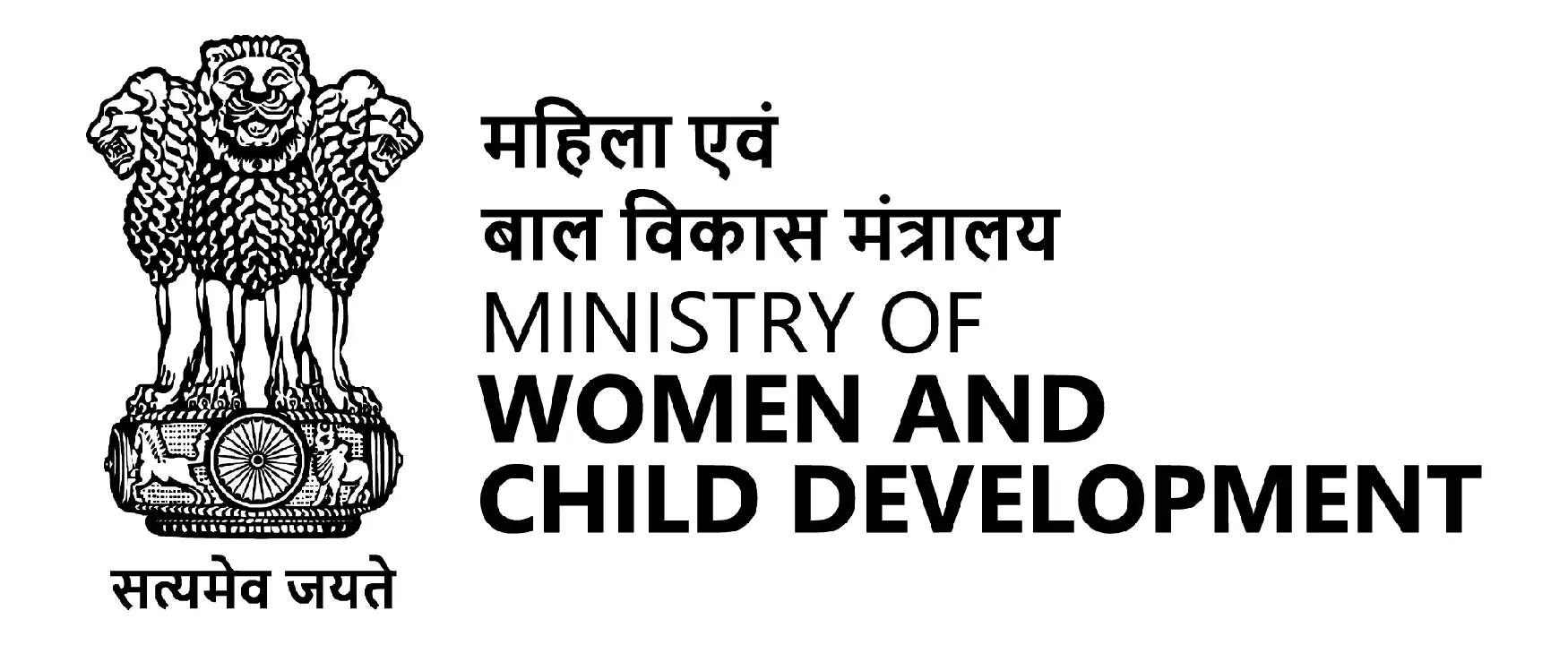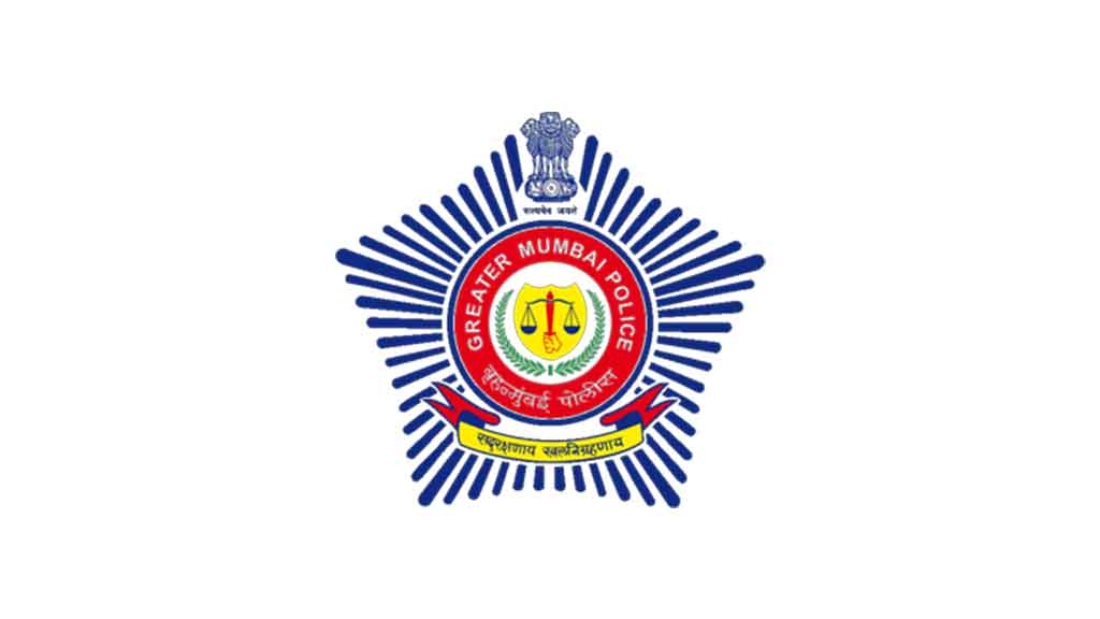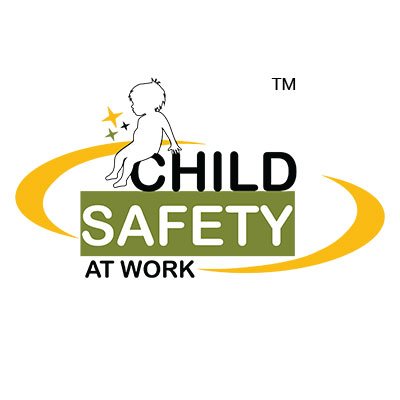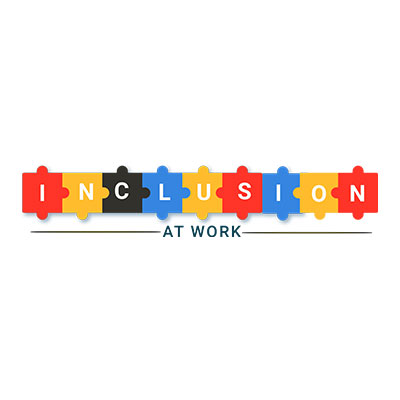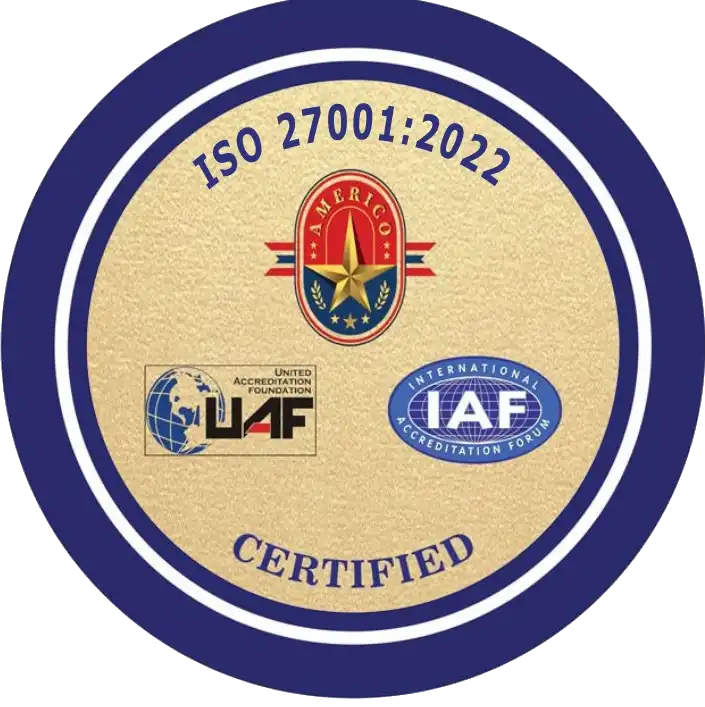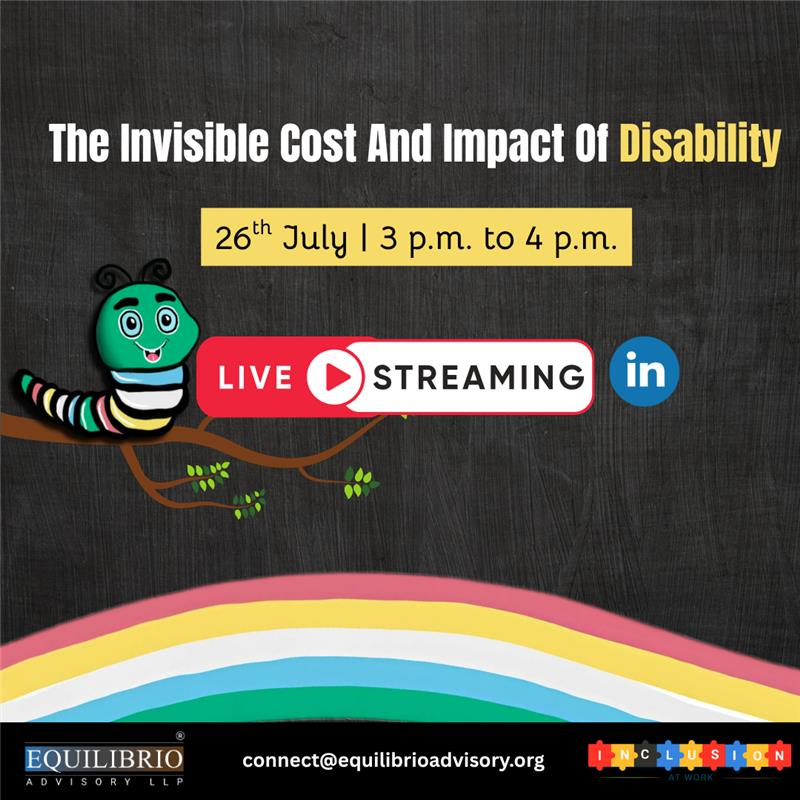Ms. Shubhada More is a Science Graduate and a sports person and passed out from Y. C. Warana Mahavidyalaya. Thereafter she stood first in MPSC (Maharashtra Public Service Commission) exam. She has been working in the Police Department since 2009 and in the Crime Branch since 2012 in DCP (Enforcement). She has also been a part of the counselling cell of Police Department in the past. She was working in JAPU (Protection), Special Juvenile Police Unit and rehabilitated about 457 children in 2015 and 431 in 2016. Currently, she is working as Assistant Police Inspector at Pydhonie Police Station.
On the occasion of International Women’s Day, we got the chance to speak to her. Given below is a summary of what we discussed with her:
“During rescuing from prostitution, many times we find that there is very high demand for ‘Nath Utarna’. This simply means that the girl being talked about is a virgin.”
What prompted you to join police force?
I always wanted to be in uniform services. Initially I wanted to join the Indian Army, but then I wanted to clear the Maharashtra Public Services Exam. Basically, I wanted to serve people and the society and felt that clearing this exam would give me this opportunity. I cleared it and joined the police force in 2009.
Can you share some of your experiences with us?
There are so many things (she laughed). In the beginning, in the crime branch, I was a part of the Counselling Cell where I was counselling married couples too, to resolve interpersonal issues. I was a spinster then (she laughed) but I tried to help as much as I could and ask them to patch up. In these counselling sessions, we do not just provide support to ladies, we provide support to men as well. We ask them what the challenges are from their point of view. This really helps us counsel both parties and helps us really resolve tensions between both.
Then I was also working in the anti-human trafficking unit where we found that girls/children were trafficked for many reasons such as prostitution or begging or child labour. They were usually aged between approximately 6 to 18 years. During rescuing from prostitution, many times we found that there is very high demand for ‘Nath Utarna’. This simply means that the girl being talked about is a virgin. Nath Utarna comes at a very high price which could be as high as 5 lakhs. This demand and the high price is mostly to do with pleasure and satisfaction of the ego that the customer was the first one to be with her (like the first night of a new bride).
“Sometimes we book entire compartments in trains to take all children from a particular city/town back to their parents. In 2015 we had 457 rescues and in 2016 we rescued 431.”
Unlike the popular belief that the victims are usually from lower strata of the society, we have found that many girls get into prostitution voluntarily to maintain their life styles – whether it’s for buying expensive clothes or smart phones etc. After rescuing we ensure that these children are taken to protection homes and given the right kind of psychological and emotional help so that they can be rehabilitated and are brought back to mainstream – as many want to go back to the profession given that becomes their entire life & existence. We, then, take them back home. Sometimes it takes us many days to find out exactly where the child came from. We search on the basis of the description of the area given by the child. Sometimes we have to take back so many children to their homes in a particular city/town that we book entire compartments in trains to take all of them together. We travel to places like Rajasthan, Bihar etc. and even Nepal. In 2015 we had 457 rescues and in 2016 we rescued 431.
How has the journey been for you?
It’s very difficult to put it in words (she laughed). The entire journey so far has been very good, very special and very unique. I love doing this work and enjoy it because I like serving the society. If I had been in any other profession, I would have to join an NGO or any other organization to be able to help people in any manner. Here, this is my very job itself! I do not have to go anywhere, join any organization! I feel satisfied! Once when we reached the target location and found a girl, we found that she had not been abused or misused yet. That really gave a deep sense of contentment to us.
What are some of the challenges in this field especially for a woman?
There are many challenges of being a woman in this field. Especially while rescuing we have to interact with all sorts of people – people who think we cannot harm them as we are women or we are not capable enough. At the same time, we have to be very soft sometimes to be able to get the right information, sometimes really strict when no information comes by, sometimes we have to try to be one of them and sometimes it breaks our heart to see the condition of these women, especially being women, but we have to control our feelings and deal with the situation in the right manner.
Also, given our really odd timings, it becomes very difficult to give time to the family and to household chores as when a raid is conducted, I am late from work for three or four consecutive days and reach home at 2 a.m. or 3 a.m. when it’s difficult to even expect any shop open. Kabhi kabhi do din tak aata bhi ahi hota hai roti banana ke liye (sometimes there is no flour for 2 days). Sometimes, I reach home at about 5 a.m. just in time to get milk (she laughs)! In this, support from the family becomes extremely important and if I have reached this far today, and have been able to give my 100% to the job, it is because of the immense support from my family.
“Kabhi kabhi do din tak aata bhi ahi hota hai roti banana ke liye. Sometimes, I reach home at about 5 a.m. just in time to get milk (she laughs)! In this, support from the family becomes extremely important and if I have reached this far today, it is because of the immense support from my family.”
So what keeps you going in spite of the challenges?
What makes me really happy is that at work, everyone is treated absolutely equally. There is no discrimination when it comes to expectations, outcomes and rewards – our work is equal, our pay is equal, growth opportunities are equal, expectations are also the same with respect to raids, work hours, interaction with criminals, emotional & physical toughness etc. Ek baar ek raid ke waqt hume doosre mahale ki khirki tak rassi se chad ke jana tha, main chadi aur main sabse pehle chadi (once we had to climb to the window on the second floor using a rope, I went and I went first)! Our male counterparts or seniors do not even think that we cannot do something as we are ladies – and we are given tasks equally like one would give to any other person without differentiating as a man or woman. After working in the team for so many years, it has become like family and it’s very motivating to have a team and seniors who have faith in your work.
From your experience, how common is sexual harassment in your department?
We are the law enforcing agency. We definitely do not tolerate any kind of sexual harassment in our department. Pehle kabhi hume aisi problem nahi hui hai, informally agar kabhi kisi ne apna general concern raise kiya hai toh who department ne sort out bhi kiya hai (we have never faced this kind of a problem before and in case someone has raised a general concern, department has resolved that). In fact, if in the future I have any complaint, I do not fear any retaliation, job insecurity or any loss of reputation. I know that my complaint will be handled fairly and properly. We have an ICC in place and it has been in existence in the police department even before 2013, ever since the Vishaka guidelines came into existence. This faith in the department is the reason why we are able to work absolutely fearlessly even late at night.
In your opinion how do you think an individual facing sexual harassment can handle it?
Say no. That’s the first step. Bahot saari ladkiyan na bolne se darti hain, ki saath main kaam karna hai ya group mein hain toh kaise na bolun (girls are scared to say no because they have to work together with others o have to sit in a group). But saying no is important. A small issue becomes bigger if we do not say no clearly. Sometimes even confront the person. If you think he may retaliate later or follow you because you confronted then for some days take someone with you, friend, boyfriend anyone so that you feel safe and your follower understands that he needs to go away. For few days you can also change your timings a little bit or go in a group or go from a different route and if you feel that there is a more serious danger to your life, tell family and friends. Your home and police are always there to help and support you.
“Bahot saari ladkiyan na bolne se darti hain, ki saath main kaam karna hai ya group mein hain toh kaise na bolun.”
How can we increase confidence in police?
While I agree that every human being has a different style of working and while experiences with some may be good, with some others it may be bad and about us, an impression that is always given is that we do not take complaints or we charge money for taking complaints or that we are not approachable. Many times few bad mistakes are highlighted by media but several good deeds are not highlighted. I say that only if you share your problems with us and have an experience with us will you know that several of those things you have heard about us are false. In fact, media can also help in big way by highlighting the work we do. Misconceptions should be cleared. Whether we work or don’t – we will get our salary – but the point is that we really do work hard every day to make a difference to somebody’s life.
What are some of the mechanisms that have been put in place by police to support individuals in times of crisis?
- Many people don’t know that child labour is an offense and in fact if you see a child working at a shop, you can actually complain to the police.
- Anyone can call on the number “100” and you shall receive help in 5 to 7 minutes.
- The other helpline number is “1098” for children and “103” for women and children.
- There is also a Police app on which you can give a missed call.
- Sometimes people have to travel at odd hours to various secluded places. There is also a GPRS service on which you can contact us if you feel unsafe and we will follow you for your safety.
- After 7 pm a constable always has to be there in the local trains and if there is no one dial on 100 or 1098.
- There is a counselling cell of police.
- Other than the above, one can always reach out to Police for any problem & we shall be very happy to help.
On this women’s day would you want to give any message to the youth of this country?
Do not underestimate women. Being women, we have been blessed with creatively, intuition, emotional quotient and tolerance towards situations – this greatly helps both professionally and personally. If you cannot respect then also do not disrespect us. Hume devi ya bhagwan ka darja mat do. Hume woh nahi chahiye par hume neecha bhi mat dikhao. Hume bas apna kaam karne do (we do not want to be worshipped like god and be put on a pedestal but we also do not want to be pulled down). Without being judgmental about us, our life style, the way we dress etc. – judge us on our merit and treat us as your equal.
“Hume Insaan Samjho.”




